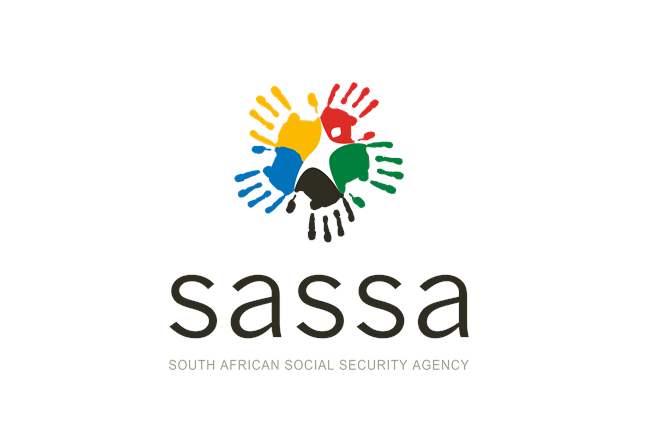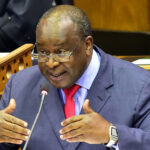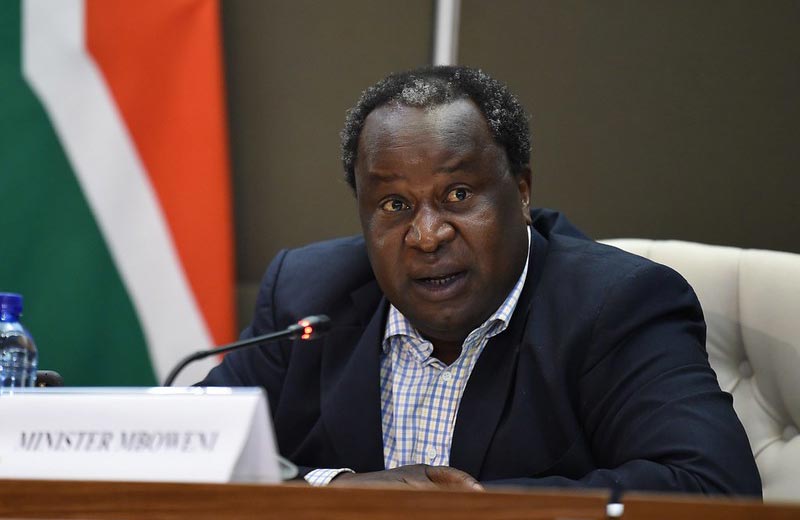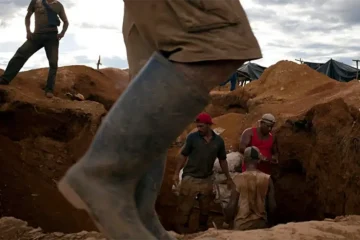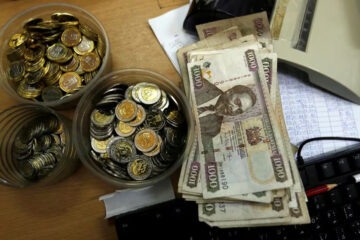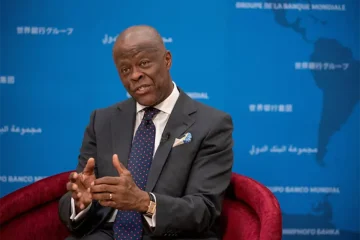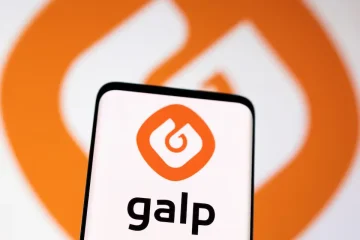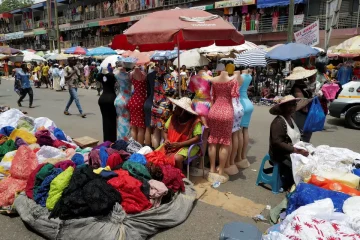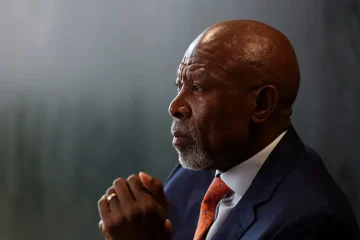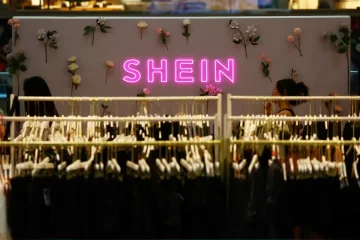DENNIS WEBSTER
When President Cyril Ramaphosa announced a R500 billion Covid-19 social and economic relief package in late April, a full 10% was set aside for the creation of a new social grant and to top up South Africa’s existing grants.
But when the government’s relief package was eventually made concrete in the special adjustment budget tabled by Minister of Finance Tito Mboweni in the National Assembly on Wednesday 24 June, the commitment to social grants fell short of the R50 billion Ramaphosa had promised.
The Adjustments Appropriation Bill shows that just short of R25.5 billion has been allocated to the Department of Social Development. Together with the South African Social Security Agency’s (Sassa) predicted saving of around R15 billion for the year, that leaves just over R40 billion available for the payment of social grants, almost R10 billion short of Ramaphosa’s initial commitment.
In explaining the discrepancy, National Treasury director general Dondo Mogajane said that “what we have picked up is that the intake of the [new Covid-19 social relief of distress grant] is slow. What we’re then doing is provide best estimates. And that’s why we then reduced the allocation.”
The rollout of the new grant, designed to guard unemployed, working-age people without any income or state assistance from the economic shock of the Covid-19 lockdown, has been sluggish. By 11 June, Sassa had received in excess of 6.5 million applications for the grant but had only paid 600 000 beneficiaries. While neither the social development department nor Sassa had responded to questions at the time of publication, both have explained the slow rollout as the result of difficulties experienced in verifying applicants.
Mogajane said that while his department remains committed to reaching Ramaphosa’s promised R50 billion, it depends on Sassa paying beneficiaries. How many people will eventually benefit from the grant now appears to be anyone’s guess, with the treasury allowing for anywhere between 700 000 and eight million in its budget.
Just over R10 billion has been set aside for the payment of the new grant, but paying eight million beneficiaries R350 a month for six months would require closer to R17 billion. The final allocation, according to Wednesday’s budget, “will depend on the number of applications approved for the social relief of distress grant”. This means that if Sassa’s failure to deliver this grant continues, the balance may well be taken away in October’s adjustment budget.
Flowers for the season
Where government departments and agencies have perennially underperformed and underspent, “treasury has come to rely on underspending to offset missing some of its budget targets”, according to Seán Muller, a University of Johannesburg economist. “Reallocation away from underspending or poorly performing programmes seems sensible until one considers that there is a correlation between that and the need for such programmes.”
In a budget speech replete with scripture and metaphor, Mboweni likened the South African economy to an aloe ferox that will see out the hard times before blooming again in 2024. The hardy plant – which blossoms orange on the Garden Route and in the Eastern Cape, even in the coldest weather – is a comforting choice.
But current economic realities suggest Mboweni might have been better served by its Drakensberg cousin, the aloe polyphylla, an endangered plant that cannot endure changes in climate, temperature or altitude.
The coronavirus pandemic will lead to a shortfall of R300 billion in government revenue, while the adjusted budget comes in the wake of unemployment figures that give the first glimpse of the economic devastation the government’s relief package was meant to offset. By the expanded definition of unemployment, 39.7% of South Africa’s working-age population are without a job.
Muller called the budget’s failure to raise marginal income taxes on wealthier people “inexplicable”, but said that from a standard fiscal analysis perspective, there was likely “not much more room for government to increase spending to offset the effects of the pandemic and the lockdown.
“The most glaring failure of the government in its Covid-19 response,” said Muller, however, “was that it did not conceive that greater social protection spending would be needed when it implemented the lockdown.” The treasury “would likely be happy if the ultimate expenditure was lower than the allocation”, he added. – NEW FRAME

